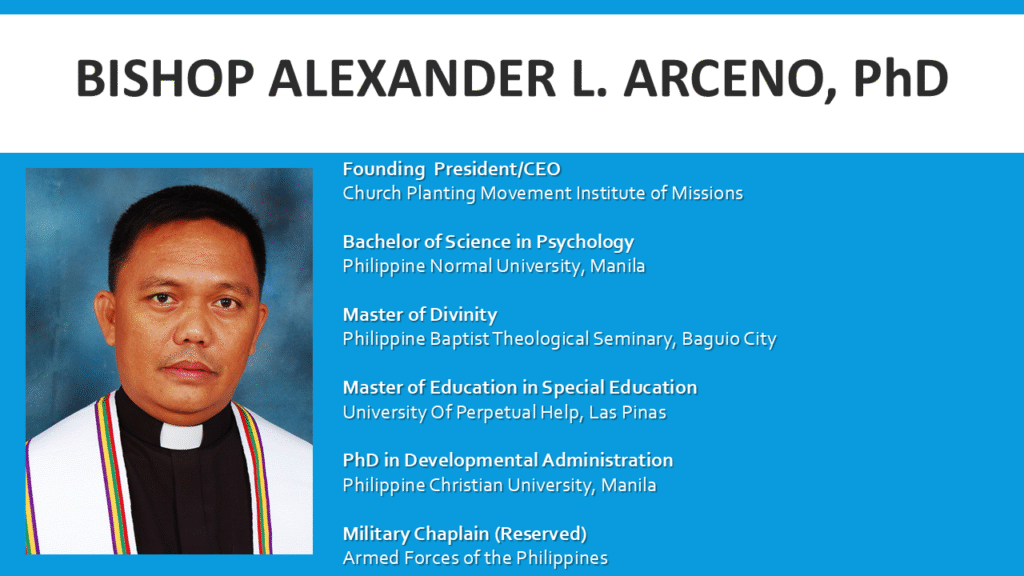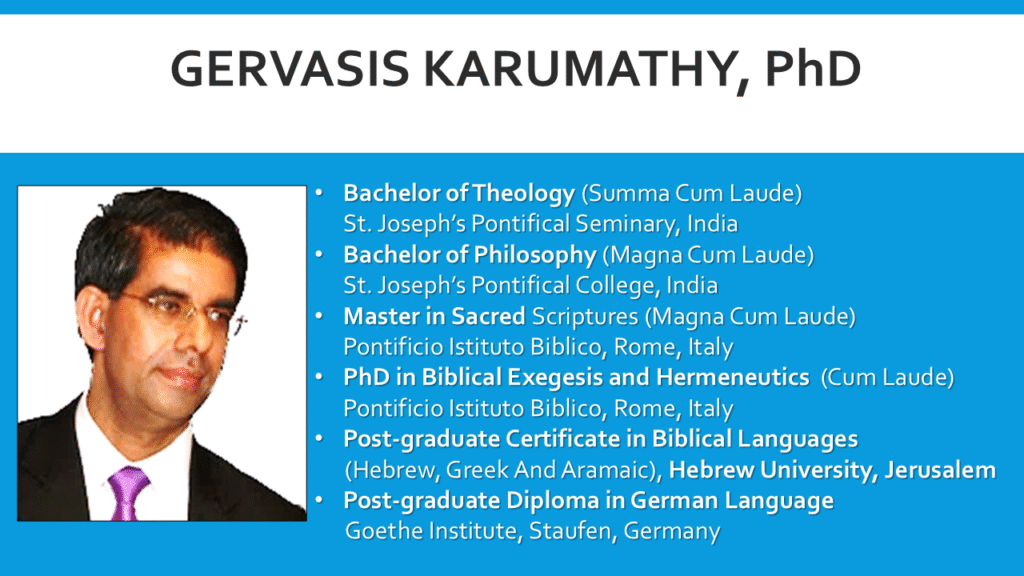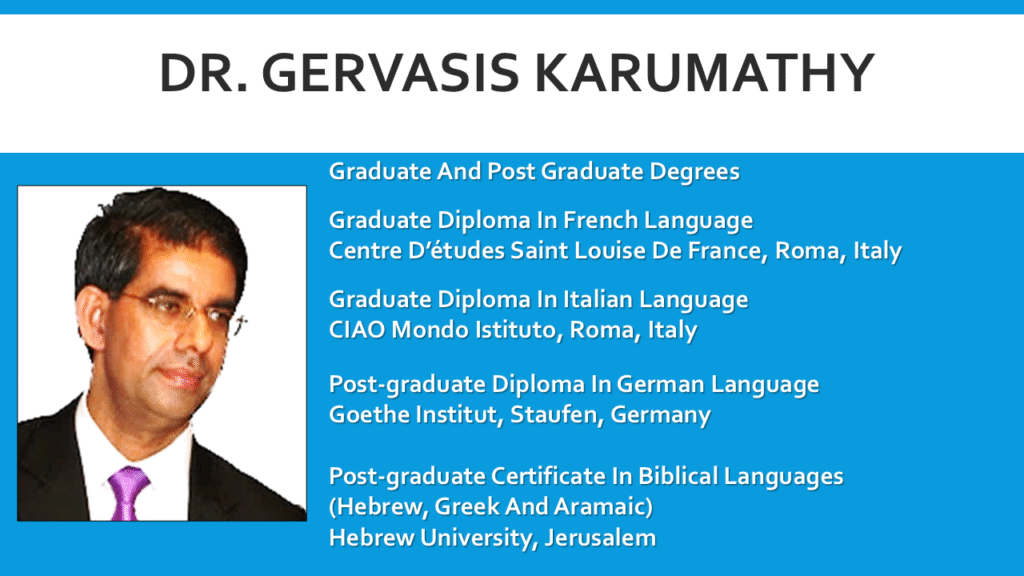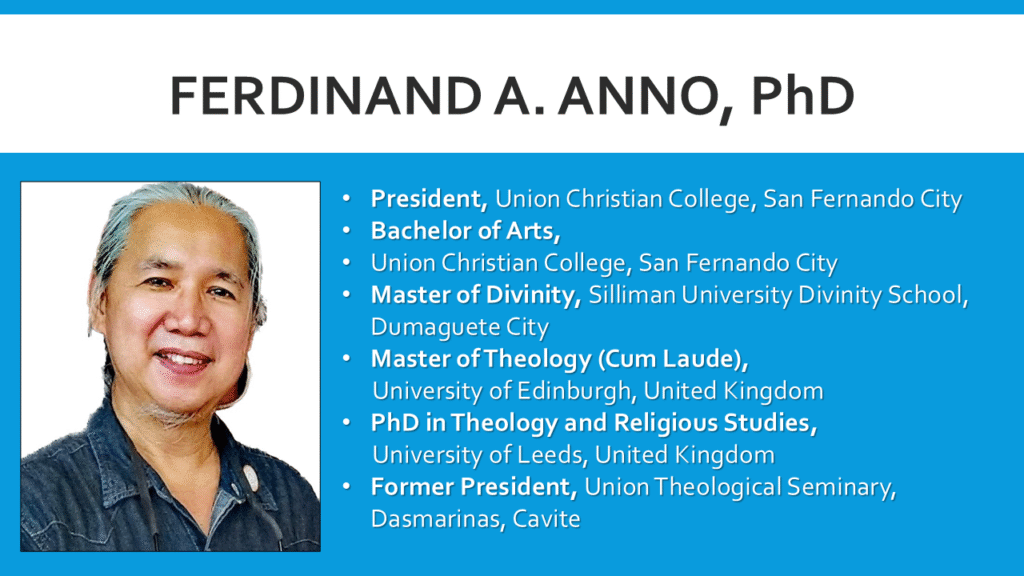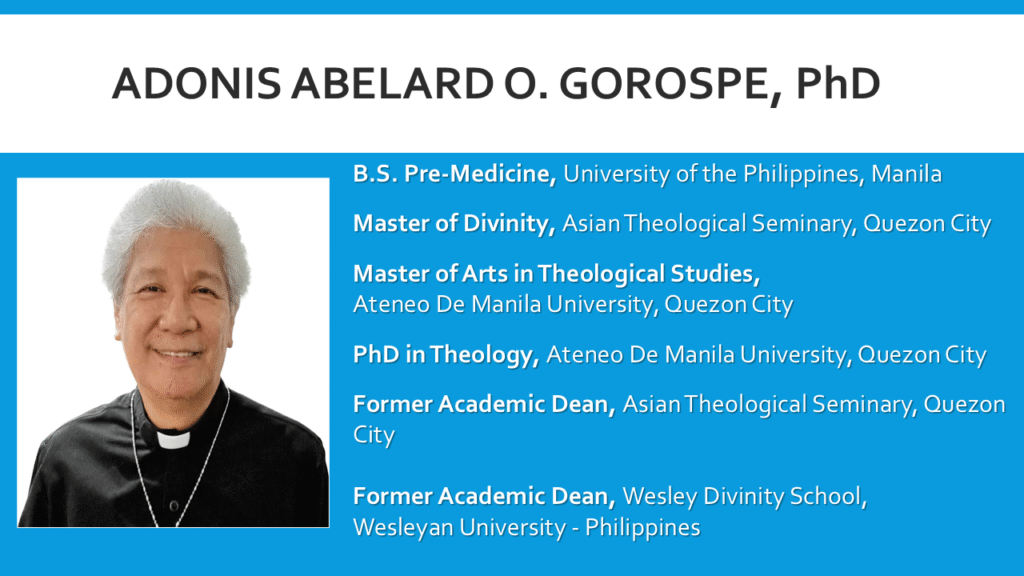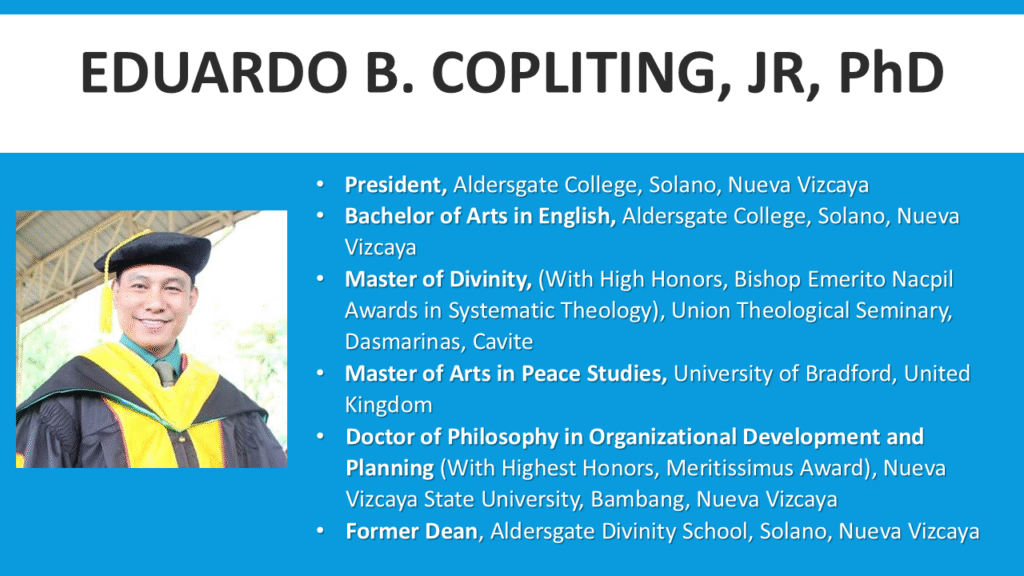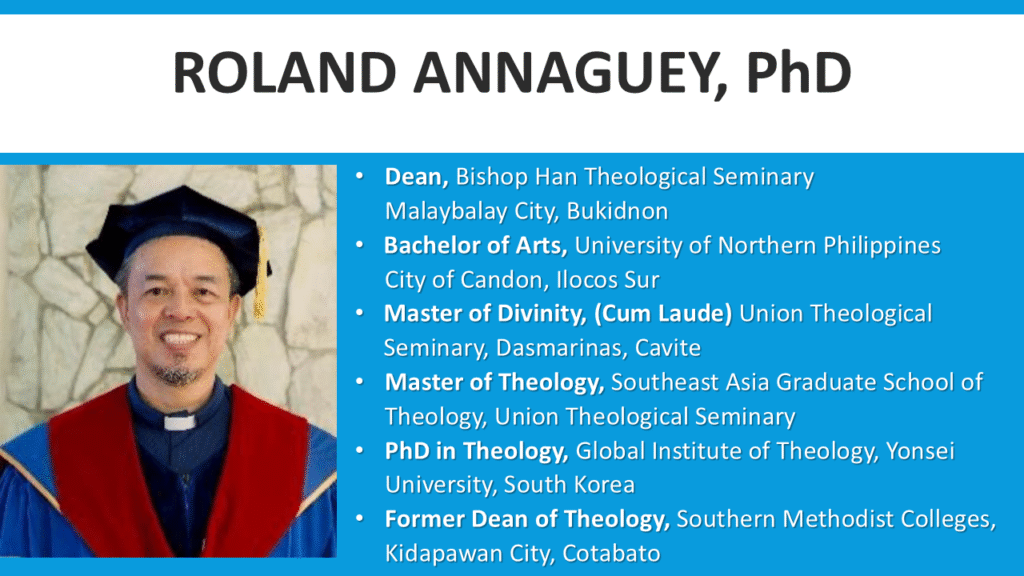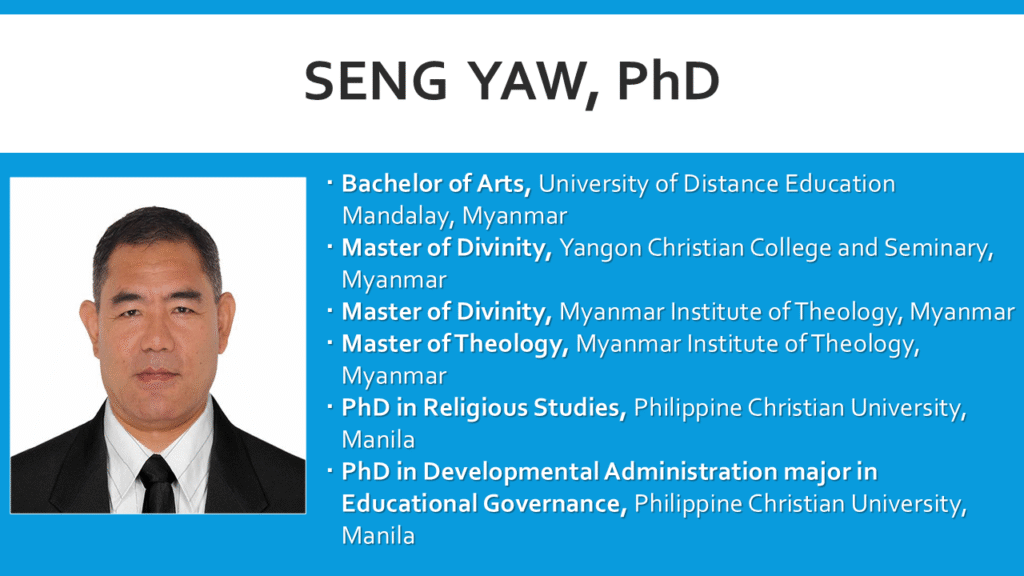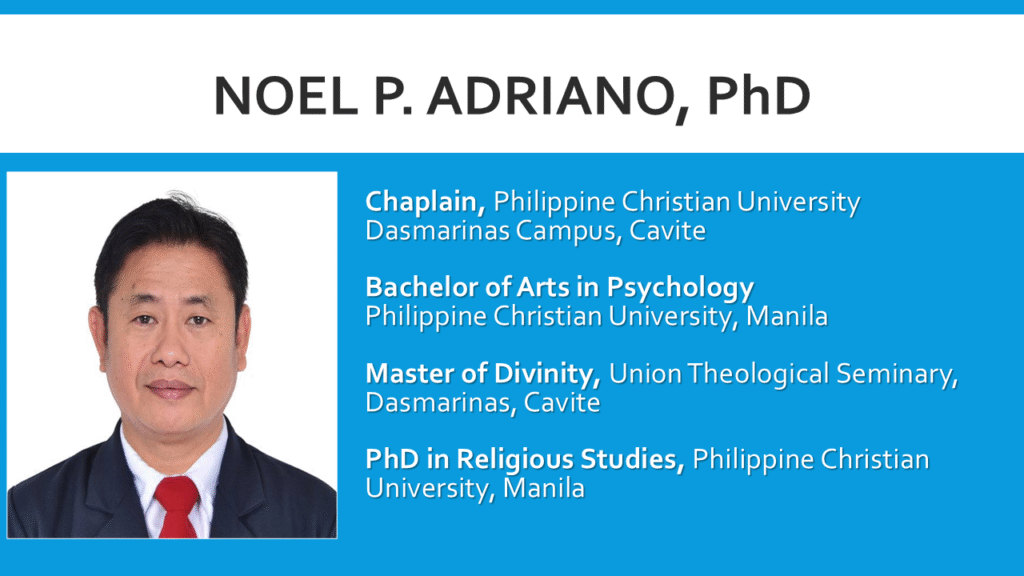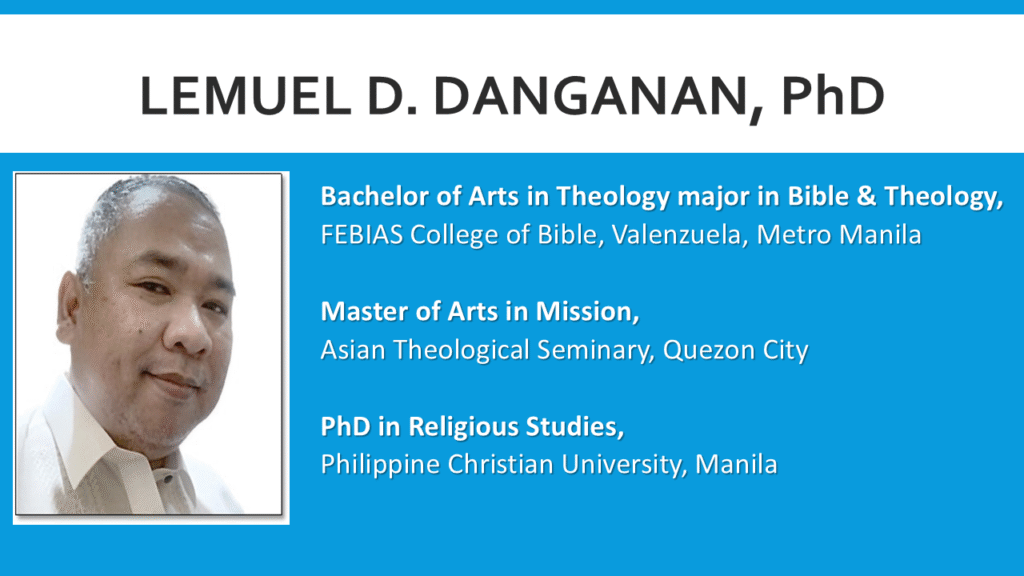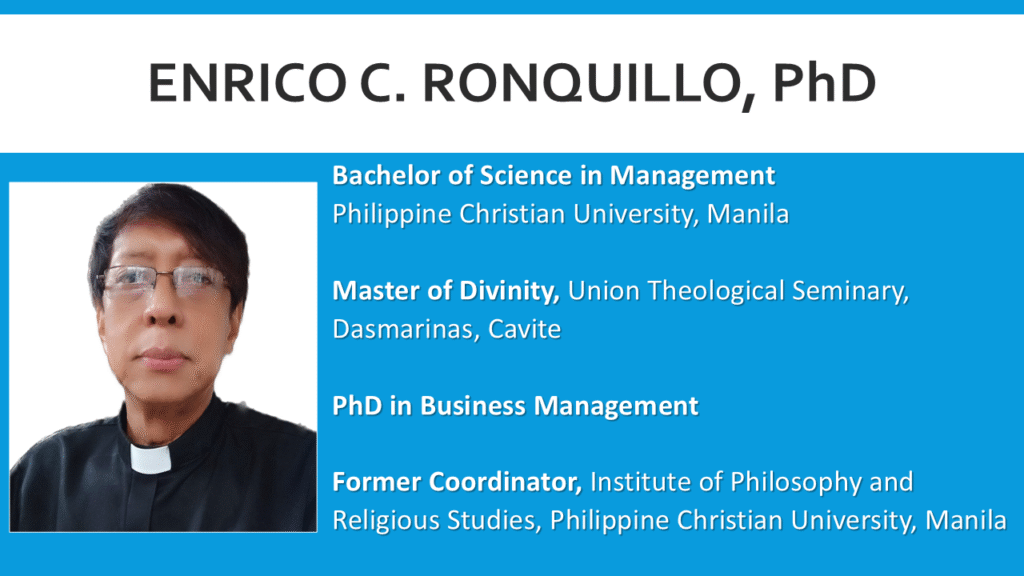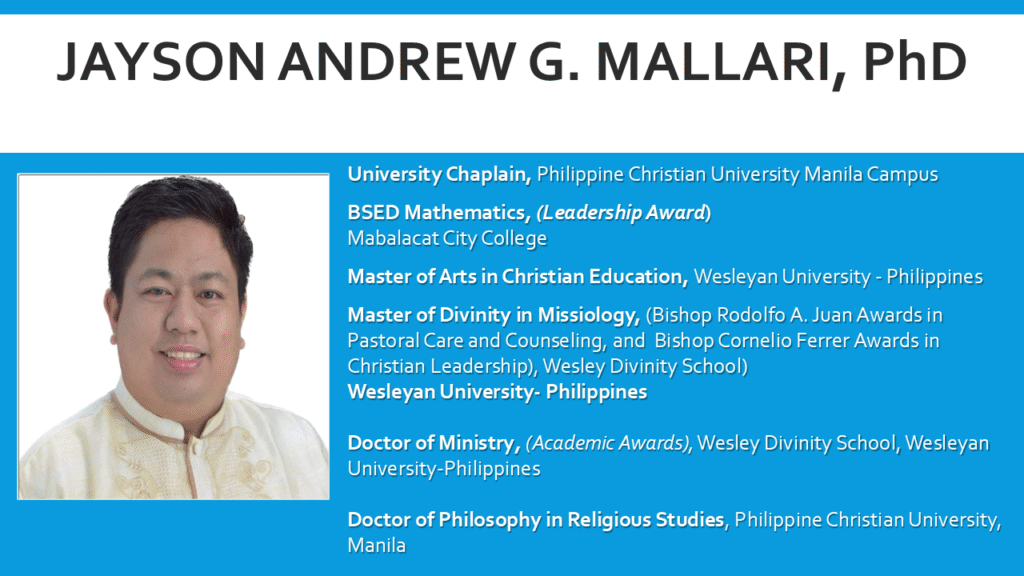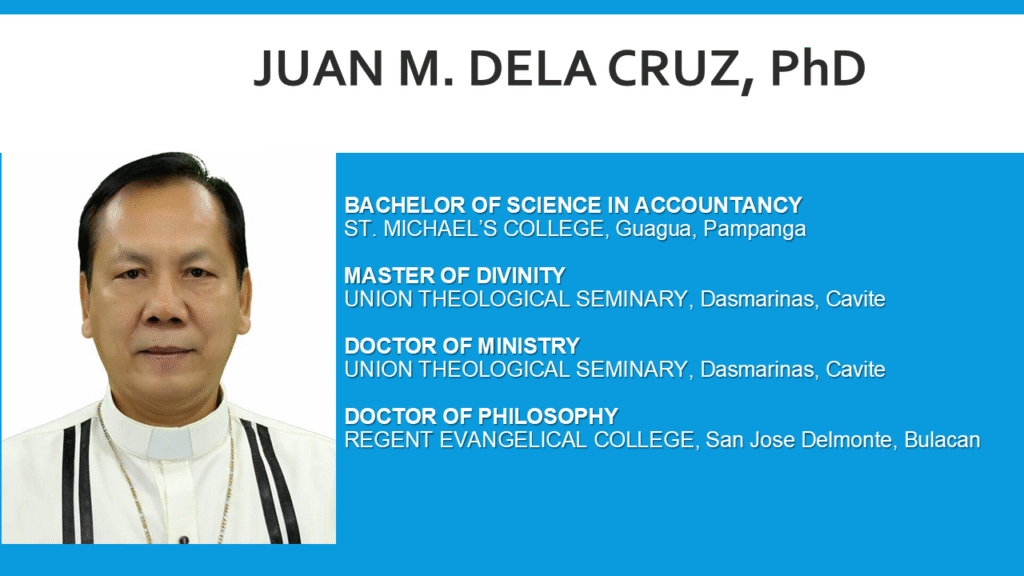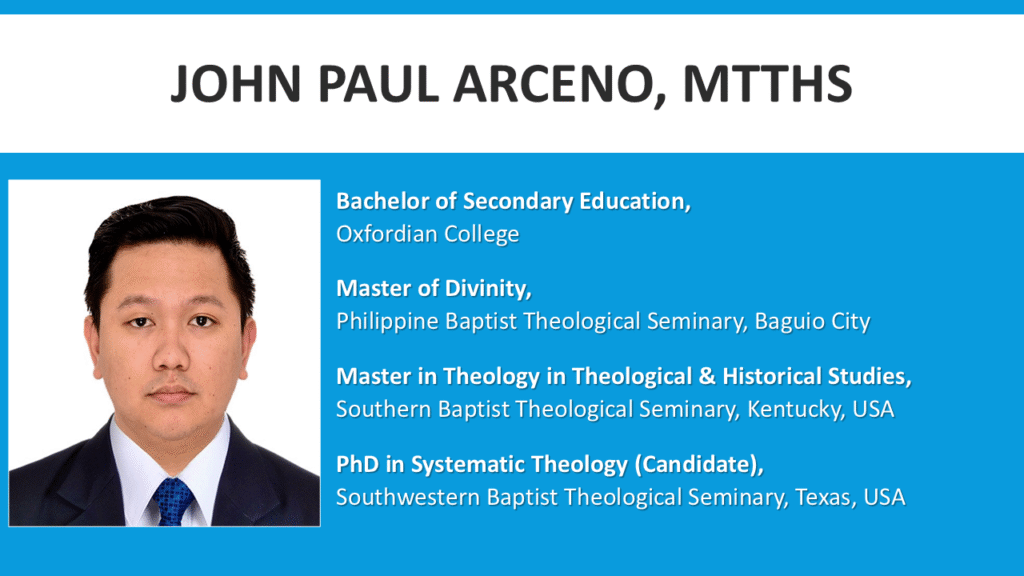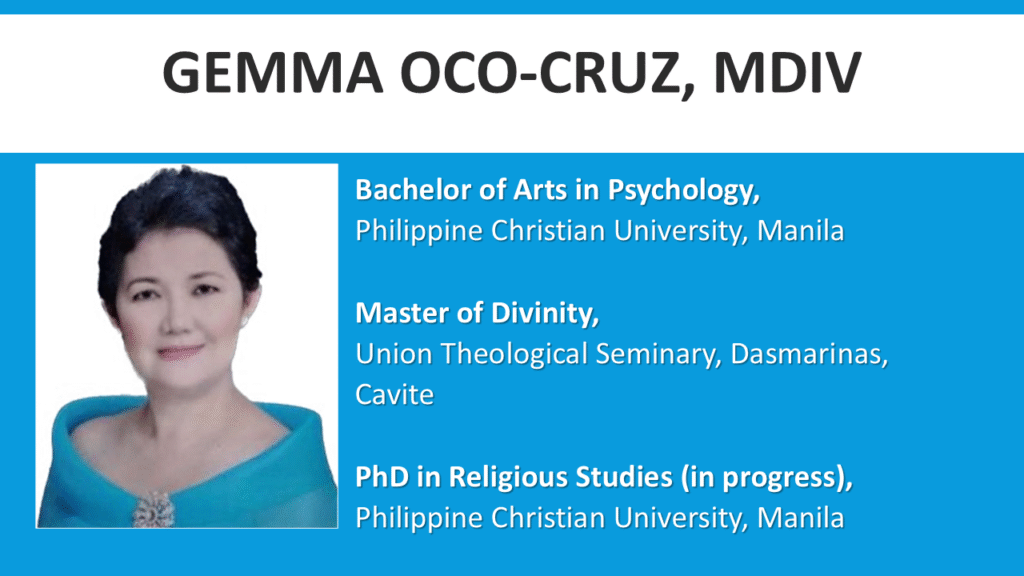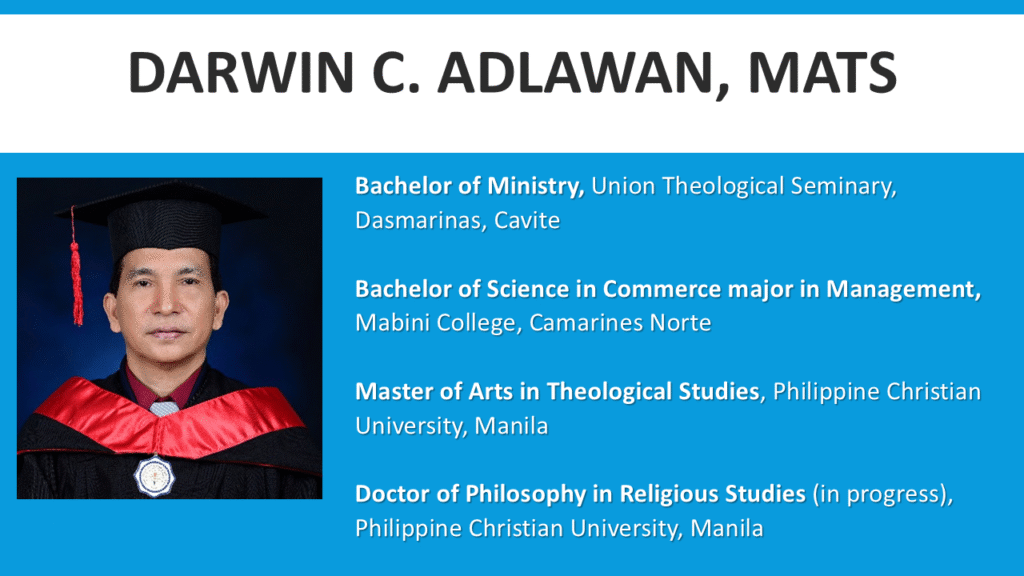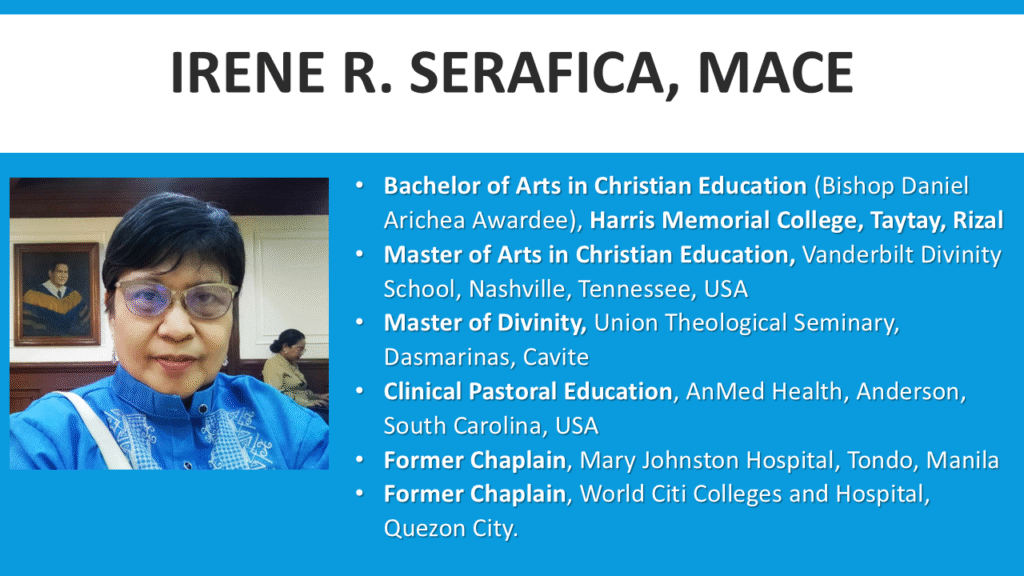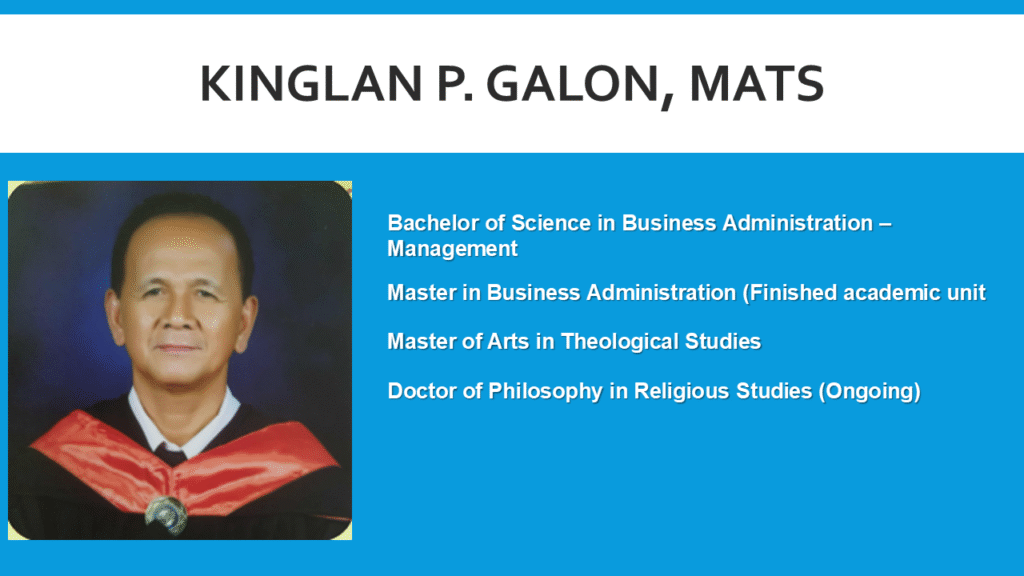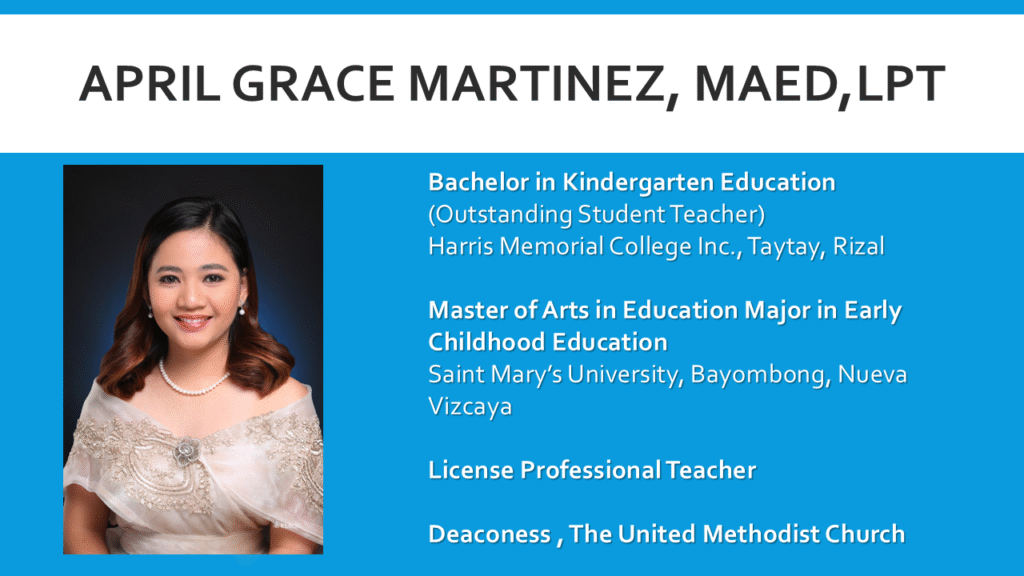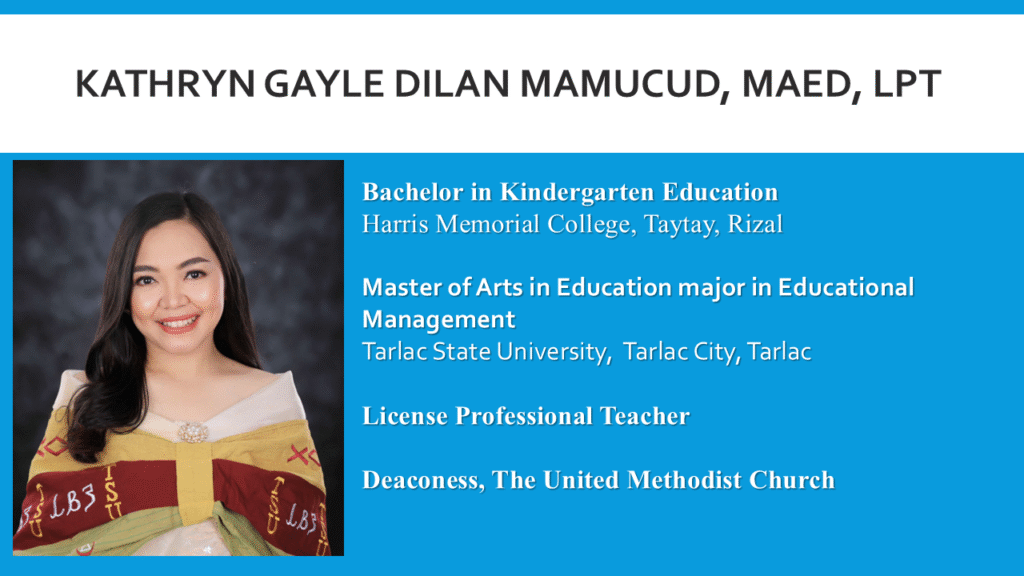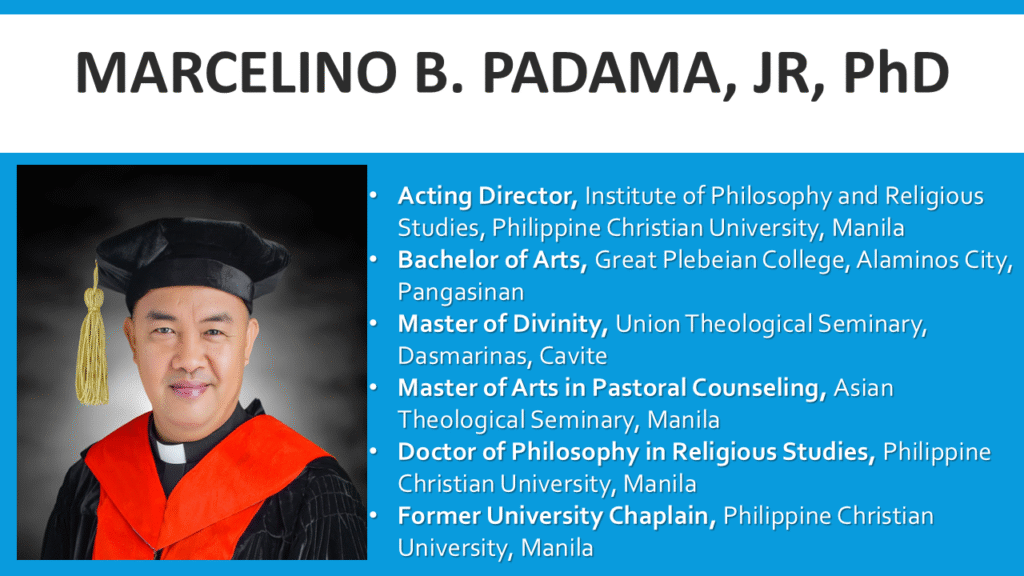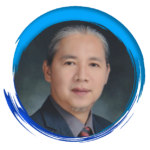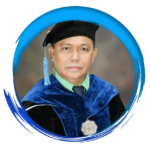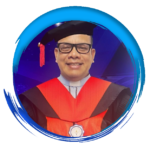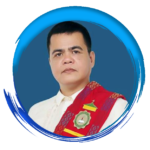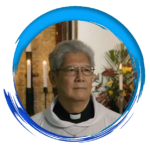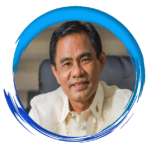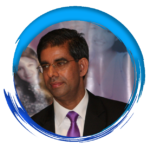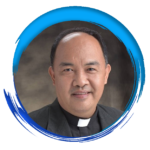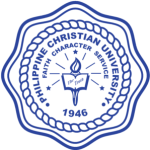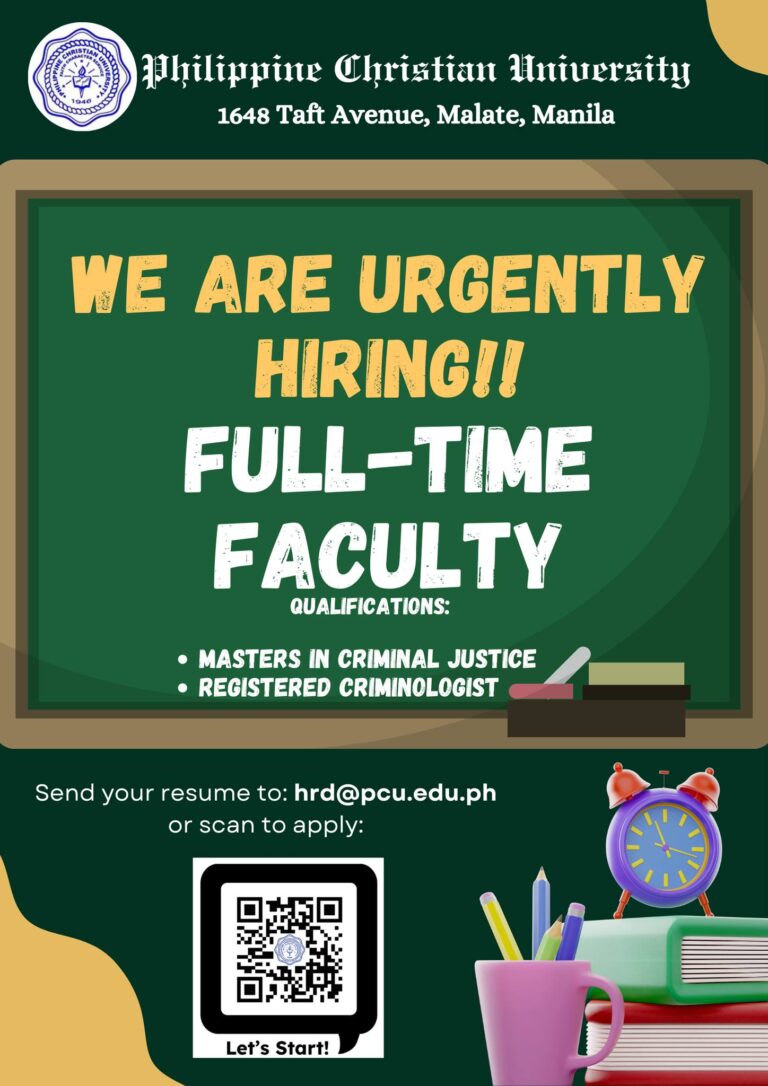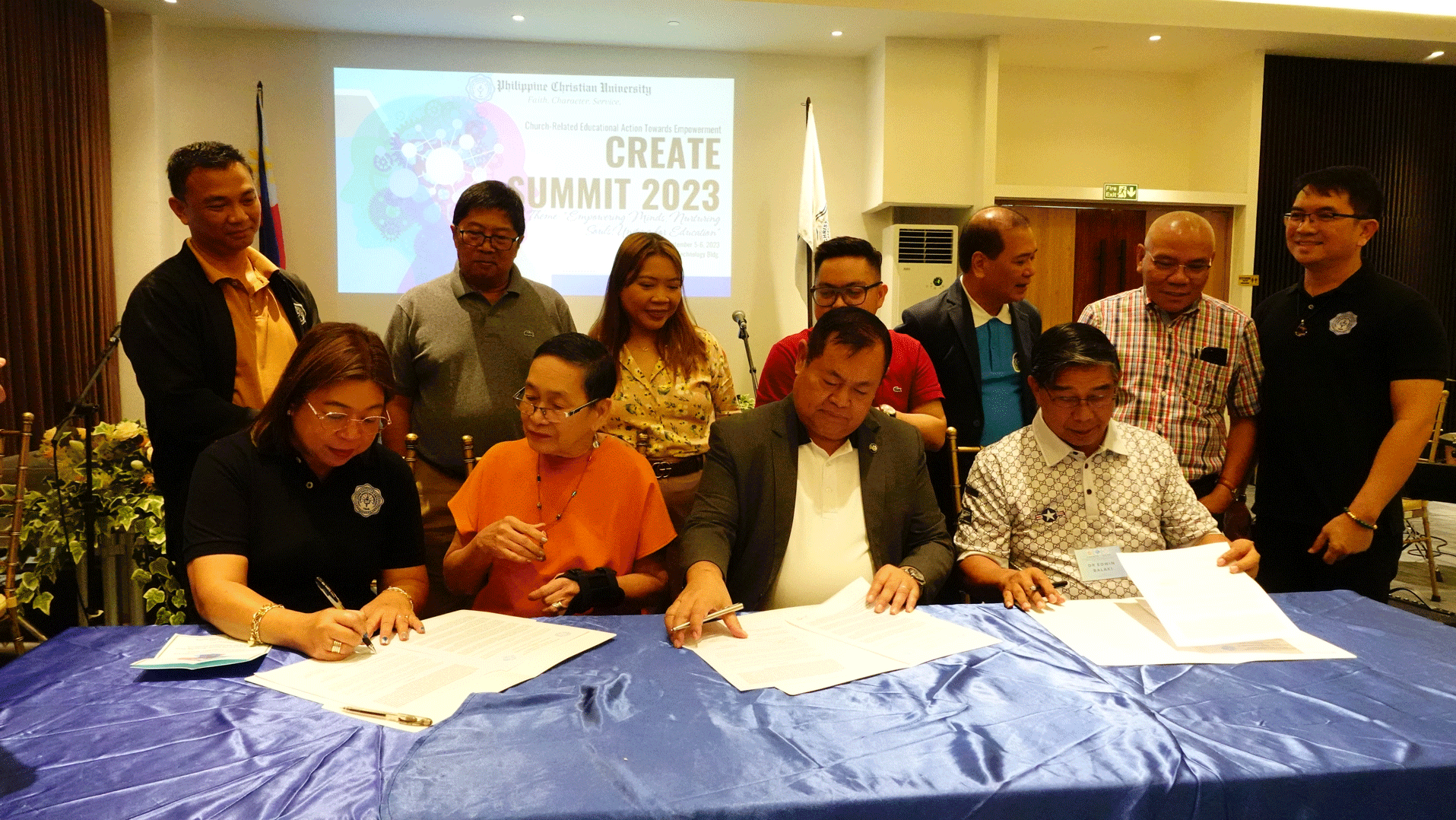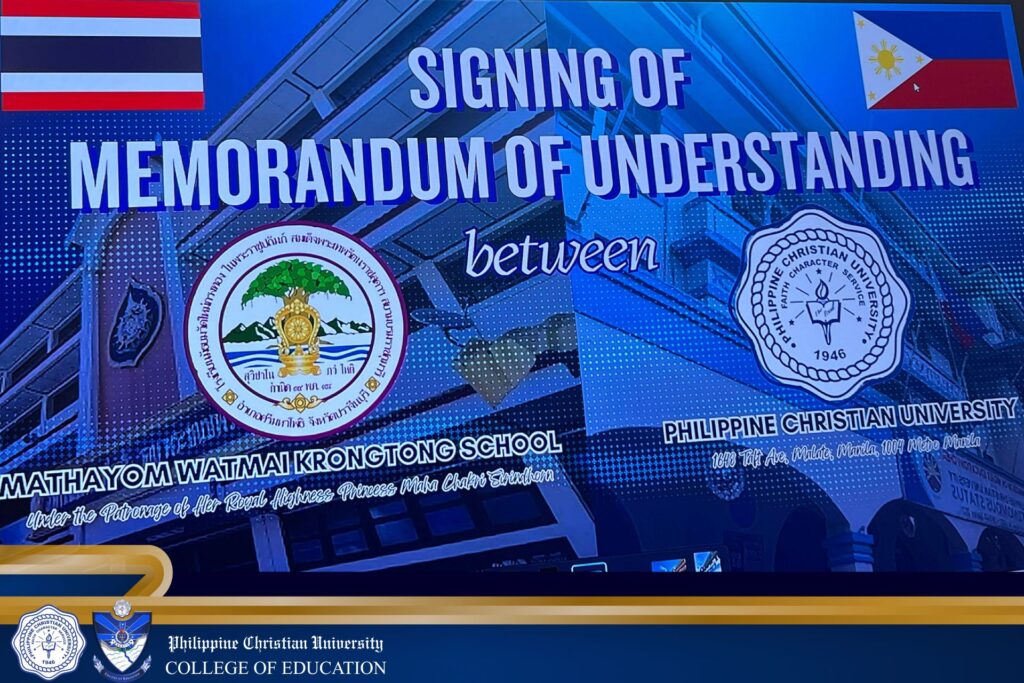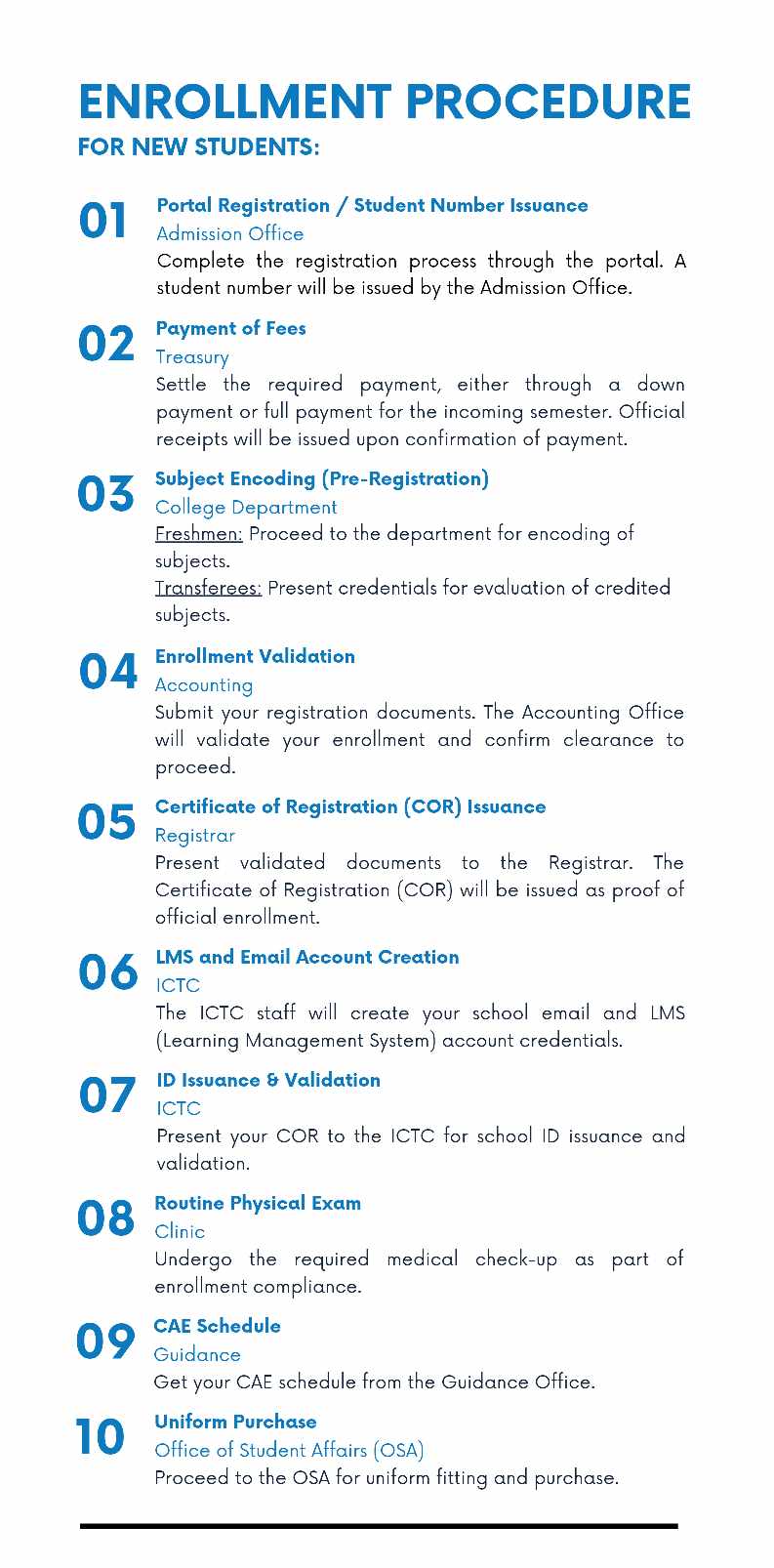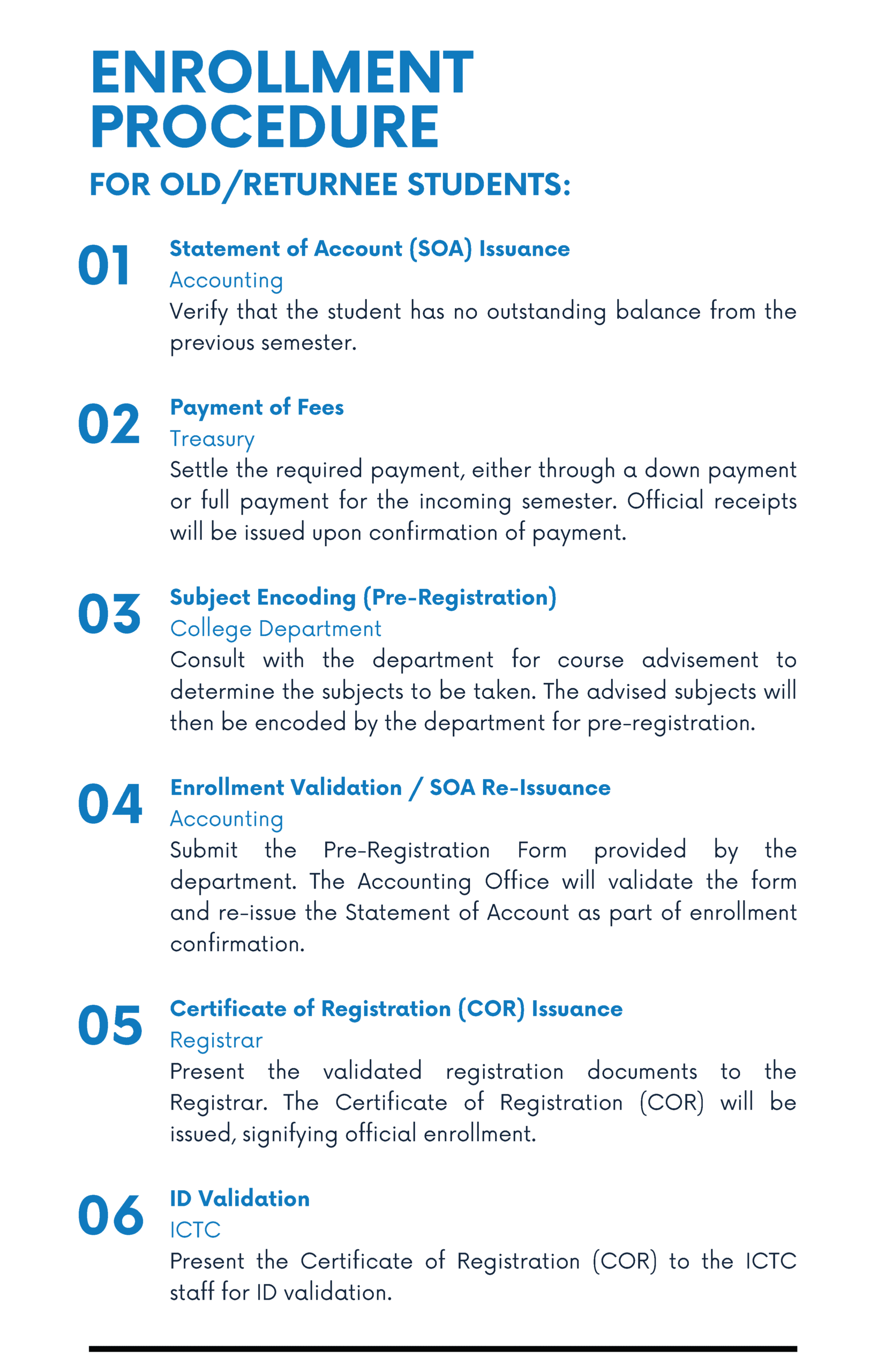Institute of Philosophy and Religious Studies
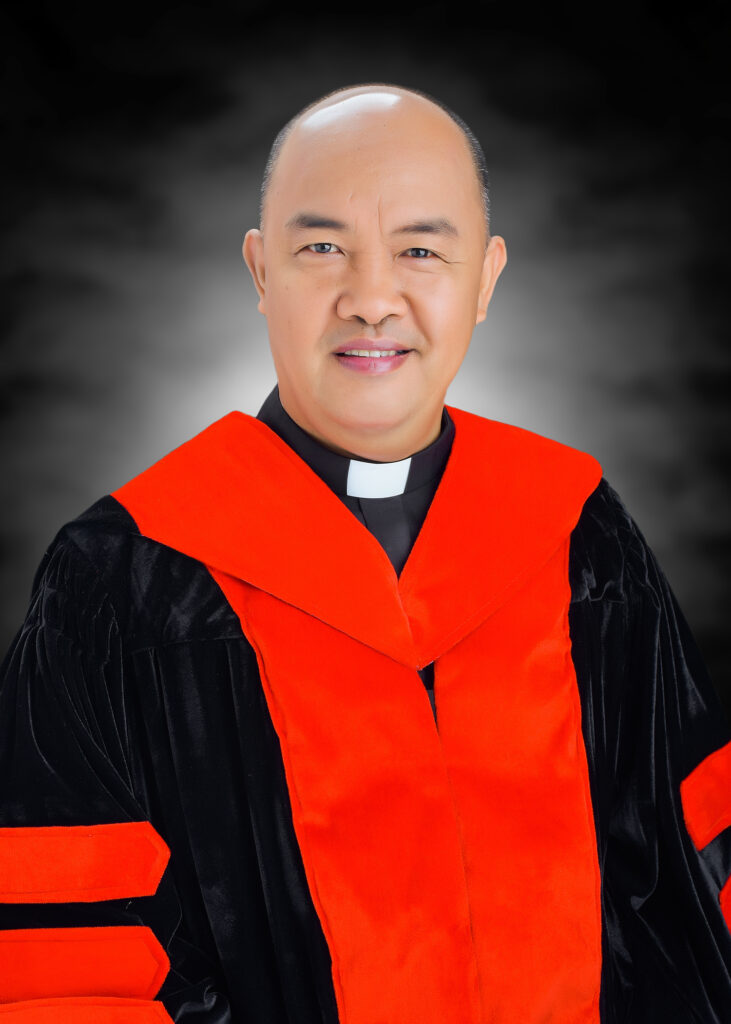
Rev. Marcelino B. Padama, Jr., Ph.D.
Program Head, Institute of Philosophy and Religious Studies
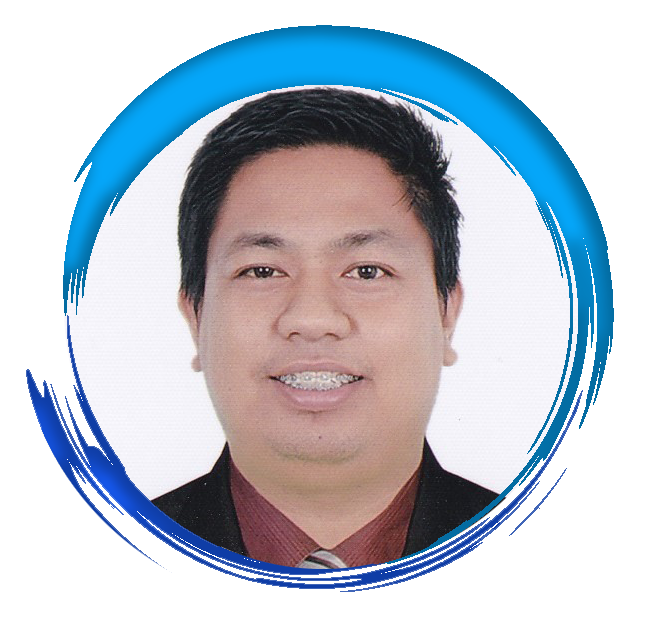
ADMISSION REQUIREMENTS
Master’s and Doctoral
• Transcript of Records (TOR)
• Certificate of Employment
• Birth Certificate (Single applicants)
• Marriage Certificate (For Married Applicants)
- Essay on reason for entering graduate study, vocation goals and topic of area of study. (approx.. 1000 words)
Contact us:
- Email: iprs@pcu.edu.ph
Email: marcelino.padama@pcu.edu.ph
Rev. Padama Contact number: 09998570926
Email: jayson.mallari.iprs@pcu.edu.ph
Dr. Mallari Contact: 09171041322 / 09287746272
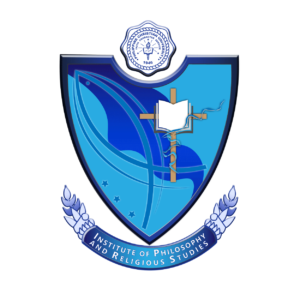
Greetings from the PCU’s Institute of Philosophy and Religious Studies!
Religion is a dynamic force impacting not only our spiritual life but our culture and public life. Since the height of pandemic, religion was coming back, people turn to religion to find strength to survive. Religion is shaping our cultures and the complex civilizations. Studying religion is exciting and demanding. The way we study religion here at IPRS is both critically and prayerfully, both academically and spiritually involving mind, heart and soul. In other words, we synthesize the teaching of spirituality, religion and the science. We study religion in global scope and in the light of social realities, humanities, social sciences, languages and cultures of the world.
Our programs include:
- Master of Arts in Theological Studies (see and download curriculum)
- Doctor of Missiology
- Doctor of Philosophy in Religious Studies (see and download curriculum)
Our new curriculum for PhD program can now be completed in 2 years and 3.5 months or the equivalent of 7 trimesters. Classes are conducted virtually every week. Along with virtual classes are asynchronous classes where we combined the use of bluebook, Group Chat, email and other online means to facilitate the learning process. Prospective students can now register online at: myportal.pcu.edu.ph. Our faculty line-up includes the most sought-after professors of distinguished scholarship specially trained in the field of religious studies, theology, philosophy of religion, Biblical studies, missions, church ministry and other related specialized areas in religious field. They are trained from prestigious academic institutions in the Philippines, United States of America, and Europe.
We are ecumenical represented by different denominations such as: Southern Baptist, United Church of Christ in the Philippines, The United Methodist, Iglesia Evangelica Metodista En Las Islas Filipinas, Korean Presbyterian, Korean Methodist, Salvation Army, Roman Catholic, Episcopalian, Alliance Church, Assemblies of God, Anglican Church (Myanmar), Seventh Day Adventist and Independent churches.
We are also international represented by various nationalities: Filipino, Korean, American, Kenyan, Indonesian, Chinese, Liberian, African, Myanmar national, etc.
Students can access to a vast array of resources including the PCU’s e-library system. https://resources.pcu.edu.ph/ebscohost/.
Vision
The IPRS promotes spiritual nurturance and intellectual freedom by leading students to examine life’s questions in the light of the university’s core value, faith, character and service. We are committed to a high quality of education program, supporting a variety of disciplinary and professional academic programs at the baccalaureate, masters and doctoral levels for the development of intelligent religion; the IPRS recognizes the need for the role of the human mind and spirit in enhancing the quality of life.
Mission
The IPRS as an independent degree-granting unit of the university aims to prepare a degree candidate for academic career to teach in the area of religion, philosophy and other related fields and to provide training for scholarly research in specialized field or professional training in associated field. Our principal aim is the development of teachers, leaders and other practitioners imbued with Christ-like character, intellectual independence and ethical behaviour through the cultivation of critical, scientific and creative faculties of the mind and the promotion of strong research culture and volunteerism.
Academic Programs
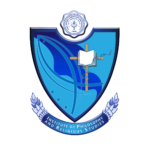
Master of Arts in Theological Studies (MATS)
The Master of Arts in Theological Studies is designed for students who desire to engage seriously in theological research and biblical studies at the graduate level and who have the aspiration to teach in the academe and/or pursue advanced theological degree. The program can be completed in two years and requires 54 units of chosen academic courses and thesis writing.
MATS offers three areas of concentration: Theology, Biblical Studies and Church Ministries:
Theology
- Themes in Christian Theology
- Church History
- Studies in Theology, Religion and Moral Ethics
- Studies in the History of Christianity
- Studies in Contextual Theology
- Studies in Practical Theology
- Studies in Christian Theology and Ethics
- Studies in Philosophy
- Studies in Religious Movements and Cultural Analysis
Biblical Studies
- Interpretation of the New Testament
- Interpretation of the Old Testament and Exegesis
- Biblical Theology: Themes and Developments
- Studies in Biblical Interpretation
- Studies in Hebrew Grammar
- Studies in Greek Grammar
Ministries
- Christian Education Concepts and Practice
- Changing Paradigm in Pastoral Care and Counselling
- Homiletics
- Studies in Ecumenism, Evangelism and Mission
- Studies in Liturgy and Music
- Studies in Specialized Ministries
- Introduction to Ministerial Vocation
- Teaching Practicum
Doctor of Missiology (DMiss)
The Doctor of Missiology is a semi-professional degree designed for students and teachers who wish to become church workers, mission co-workers, and scholars in mission. It requires intensive academic work. A student must complete his or her required work, pass a comprehensive examination, and successfully defend a dissertation topic of scholarly significance. The program offers broad coverage of materials and issues affecting the future health of religious education, traditional and contemporary issues that provide increasing opportunities to strengthen religious scholarship related to mission. This program encourages interdenominational church workers, mission workers and church scholars to develop pastoral work pastoral, research, organizational, analytical and articulation both for academic and professional competence and professional growth.
DMiss can be completed in two years and requires 54 units of chosen academic courses and a dissertation work. Offered courses include:
- Biblical and Theological Foundations of Mission
- Christian History in Mission
- Methods of Research
- Advanced Statistics
- Computer for Missiology Education
- Seminar in Research Writing
- Cross-Cultural Mission
- Indigenous Mission
- Issues of Mission in the 21st Century
- Ecumenism and Mission
- Theology and Culture
- Church and Mission in Asia
- Intercultural Studies
- Ecclesiology and Mission
- Evangelism and Mission
- Religious and Cultural Pluralism in Asia
- Rural and Urban Mission
- The Role of Women in Mission
- Management of Mission
- Diakonia Mission
- Political Context of Mission
- People in Mission
- Mission Resources
- Mission Training and Orientation
- Mission Networking
- Missionary and Family
- Peacemaking and Advocacy
- Comprehensive Examination (After 42 units of academic requirements)
- Seminar in Dissertation 1, Chapters 1, 2, and 3
- Dissertation Writing 2 – Final Report, Chapter 4, 5
- Dissertation Defense
DOCTOR OF PHILOSOPHY IN THEOLOGY
The Doctor of Philosophy in Theology is an advanced theological studies degree designed to prepare students for teaching, writing, and leadership in the colleges, theological seminaries, and universities and for church leadership.
- History of Christian Doctrine
- History and Methods of Contextual Theology
- Research Methods
- Defense of Proposed Dissertation Paper Title
- History of Global Spirit-empowered Movements
- Spirit Hermeneutics
- Theology of Spirit-Empowered Mission
- Doing Theology in the Global Christian Context
- Global Trends in the Spirit-Empowered Christianity
- Global Pentecostalism and Social Engagement
- Contemporary Issues in Spirit-Empowered Christianity
- Christian Theology and Other Religions
- Contextual Leadership Development
- Contextual Theology
- Theology of the Old Testament
- Theology of the New Testament
- Seminar on Dissertation Writing 1
- Defense Chapters 1, 2
- Seminar on Dissertation Writing 1
- Defense Chapters 1, 2
- Dissertation Writing 2
Doctor of Philosophy in Religious Studies (PhD)
The Doctor of Philosophy in Religion is an academic degree program designed to develop and prepare teachers, researchers, and scholars in higher education particularly in the field of philosophy, theology and religion. It offers broad coverage of materials and issues traditionally treated under such rubric and history of religion, philosophical inquiry, philosophy of religion, history of Christianity, Christian theology, Buddhist studies, Islamic studies, Asian religious thoughts, intercultural studies, ethnic studies, sociology of religion irreligious studies, sociology of religion and ethics.
Some of the courses include:
- Religion and the Tradition of Social Theory
- Studies in Religion and Philosophy: Modern Jewish Philosophy and Theology
- Studies in Ancient Judaism: Introduction to Judaism in the Greco-Roman World
- Religion and Public Life
- Readings in Chinese Religions: Dunhuang Manuscripts and Chinese Buddhism
- Studies in Indian Religions
- Religion and Critical Thought Seminar
- Religion and America Seminar
Doctor of Philosophy in Church Administration (PhD in Church Administration)
The Doctor of Philosophy in Church Administration is a research-based advanced degree program designed to develop competent administrators for Christian churches and scholarly leaders of church-related schools throughout the world, imparting trend-setting courses on Church Administration, Transnational Leadership, Financial management, Human Resource Management, Building and Logistics Management, Administering a Church-sponsored School, and Strategic Planning and Management.
- Philosophical Foundations of Church Administration
- Transformational Leadership in Church Ministry
- Financial Management for Churches and Faith-Based Organizations
- Human Resource Management for Churches and Faith-Based Organizations
- Building Maintenance, Logistics, & Planning (with POMV5 software)
- Administering a Church Child Care and Preschool Ministry
- Planning for Church Insurance Needs
- Church Communication and Knowledge Management
- The Church and Its Membership
- Staff Continuing Education Needs
- Administering a Church Building Program
- Administering Spiritual Growth Education
- Strategic Planning and Management
- Advanced Research Methods and Statistics (w/ SPSS Software)
- Dissertation Writing 1
- Dissertation Writing 2
Master of Arts in Theological Studies (MATS)
The Master of Arts in Theological Studies is designed for students who desire to engage seriously in theological research and biblical studies at the graduate level and who have the aspiration to teach in the academe and/or pursue advanced theological degree. The program can be completed in two years and requires 54 units of chosen academic courses and thesis writing.
MATS offers three areas of concentration: Theology, Biblical Studies and Church Ministries:
Theology
- Themes in Christian Theology
- Church History
- Studies in Theology, Religion and Moral Ethics
- Studies in the History of Christianity
- Studies in Contextual Theology
- Studies in Practical Theology
- Studies in Christian Theology and Ethics
- Studies in Philosophy
- Studies in Religious Movements and Cultural Analysis
Biblical Studies
- Interpretation of the New Testament
- Interpretation of the Old Testament and Exegesis
- Biblical Theology: Themes and Developments
- Studies in Biblical Interpretation
- Studies in Hebrew Grammar
- Studies in Greek Grammar
Ministries
- Christian Education Concepts and Practice
- Changing Paradigm in Pastoral Care and Counselling
- Homiletics
- Studies in Ecumenism, Evangelism and Mission
- Studies in Liturgy and Music
- Studies in Specialized Ministries
- Introduction to Ministerial Vocation
- Teaching Practicum
Doctor of Missiology (DMiss)
The Doctor of Missiology is a semi-professional degree designed for students and teachers who wish to become church workers, mission co-workers, and scholars in mission. It requires intensive academic work. A student must complete his or her required work, pass a comprehensive examination, and successfully defend a dissertation topic of scholarly significance. The program offers broad coverage of materials and issues affecting the future health of religious education, traditional and contemporary issues that provide increasing opportunities to strengthen religious scholarship related to mission. This program encourages interdenominational church workers, mission workers and church scholars to develop pastoral work pastoral, research, organizational, analytical and articulation both for academic and professional competence and professional growth.
DMiss can be completed in two years and requires 54 units of chosen academic courses and a dissertation work. Offered courses include:
- Biblical and Theological Foundations of Mission
- Christian History in Mission
- Methods of Research
- Advanced Statistics
- Computer for Missiology Education
- Seminar in Research Writing
- Cross-Cultural Mission
- Indigenous Mission
- Issues of Mission in the 21st Century
- Ecumenism and Mission
- Theology and Culture
- Church and Mission in Asia
- Intercultural Studies
- Ecclesiology and Mission
- Evangelism and Mission
- Religious and Cultural Pluralism in Asia
- Rural and Urban Mission
- The Role of Women in Mission
- Management of Mission
- Diakonia Mission
- Political Context of Mission
- People in Mission
- Mission Resources
- Mission Training and Orientation
- Mission Networking
- Missionary and Family
- Peacemaking and Advocacy
- Comprehensive Examination (After 42 units of academic requirements)
- Seminar in Dissertation 1, Chapters 1, 2, and 3
- Dissertation Writing 2 – Final Report, Chapter 4, 5
- Dissertation Defense
Doctor of Philosophy in Religious Studies (PhD)
The Doctor of Philosophy in Religion is an academic degree program designed to develop and prepare teachers, researchers, and scholars in higher education particularly in the field of philosophy, theology and religion. It offers broad coverage of materials and issues traditionally treated under such rubric and history of religion, philosophical inquiry, philosophy of religion, history of Christianity, Christian theology, Buddhist studies, Islamic studies, Asian religious thoughts, intercultural studies, ethnic studies, sociology of religion irreligious studies, sociology of religion and ethics.
Some of the courses include:
- Religion and the Tradition of Social Theory
- Studies in Religion and Philosophy: Modern Jewish Philosophy and Theology
- Studies in Ancient Judaism: Introduction to Judaism in the Greco-Roman World
- Religion and Public Life
- Readings in Chinese Religions: Dunhuang Manuscripts and Chinese Buddhism
- Studies in Indian Religions
- Religion and Critical Thought Seminar
- Religion and America Seminar
- BLENDED LEARNING
The Blended Learning Program is based on the 21st century educational system established to offer flexible provision to a diverse range of learners. In this blended modality classes are conducted virtually (synchronously and asynchronously) every week through bluebook, google meet and zoom platform. To facilitate faster communication process, we also communicate through Group Chat, email and other online means. At times local students meet onsite with professor, students from other regions will be connected via online platforms.
- PROFESSIONAL ADVANCEMENT PROGRAM
Education is evolving along with the advancements in the globe and in technology. This flexibility in online learning symbolizes the way of life you lead without feeling pressed or having to sacrifice your career growth.
- PROGRAM FOR ACCELERATED COLLEGE EDUCATION (PACE)
Is an alternative system of education, a mode of educational delivery that opens up opportunities for potential students who, because of their circumstances, cannot attend regular classroom interactions and are prevented from realizing their educational goals.
True to its vision of Faith, Character and Service, Philippine Christian University grants scholarships to deserving but financially deficient students. It is the general policy of the University to give discount in tuition fees to students who qualify per established criteria of the University scholarship grants.
General Requirements
- Interested applicants may only avail or can qualify to one type of scholarship or grants provided by the University.
- Applicants must secure and fill out the application form for Scholarships available at the Center for Audit, Quality Assurance and Accreditation.
- Applicants must submit all the required documents or attachments together with the scholarship form at the Center for Audit, Quality Assurance and Accreditation.
- The Center for Audit, Quality Assurance and Accreditation will process the application and inform no later than 15 days the applicant with the result together with the reassessed fee.
- Submit filled up form with required documents within the month prior to the scheduled
- Prelim exam for College Students or at least a week before the second grading period exams for Basic Education, Junior High School and Senior High School.
For more information, connect to this link
The history of the Philippine Christian University Institute of Philosophy and Religious Studies Graduate School began in 2001. During the first semester of 2001, the faculty of Union Theological Seminary (UTS) finalized the proposal to establish a doctoral program in theology to be administered by the faculty of UTS. The program was fully underway in the second semester of 2001 with three students, who were all faculty of UTS. The degree offered initially was the Doctor of Theology. It soon attracted new students.
During the first semester of 2002 the program came under the umbrella of PCU, allowing it to have the CHED approval status. It named the department as Graduate School of Religion and Philosophy and offered a Doctor of Philosophy in Theology. The number of students increased from 2002-2004 with students from Korea and Myanmar joining the Graduate School. By the year 2006-2007, a new curriculum was fully developed and in place. At the end of the school year 2007-2008, a new program was proposed, which was to meet the needs of PCU and PCU’s ecumenical partners, the UCCP and the Methodist Churches. A Master of Arts in Theological Studies (MATS) was proposed and began classes in 2008-2009. During that year the number of students in the program increased significantly.
In 2011 the undergraduate program of Religion and Philosophy joined the graduate program of Religion and Philosophy and the Institute of Philosophy and Religious Studies (IPRS) was born. Dr. Alfredo Agtarap became the first Director of IPRS in 2011-2012. Dr. Dennis Shu Maung was the coordinator of the Doctor of Missiology and the non-residential PhD programs; Dr. Paul D. Matheny was the coordinator of the Doctor of Philosophy program and Dr. Mary C Nebelsick was the coordinator of Master of Arts in Theological Studies program. In the year 2012-2013, the Institute received the formal acknowledgement of its CHED accreditation and ISO requirements.
The emergence of the Corona Virus 2019 pandemic has changed the world and Higher Education Institutions have to adjust to the new situation where in person classes are prohibited. In response to this circumstance, through the leadership of the University President, Dr. Junifen F. Gauuan, the Philippine Christian University has instituted innovative ways to fulfill her mandate to provide quality education. In this regard, the IPRS has shifted to alternative or remote teaching modalities, both synchronous and asynchronous. Virtual classes were initiated to facilitate the learning process.
In the School Year 2021-2022, during the incumbency of Dr. Marcelino B. Padama as Department Head of IPRS, the Bachelor of Arts in Church Management and the Doctor of Philosophy in Church Administration were offered under the Transnational Educational Program (TNEP) of the University.
As the University became borderless, digital and multiversity, enrollees in the IPRS has dramatically increased from 19 in School Year 2020-2021 to 112 in 2022-2023.
The IPRS is committed to continuously providing cutting-edge and innovative advanced theological educations that are relevant and responsive to the needs of the time.








